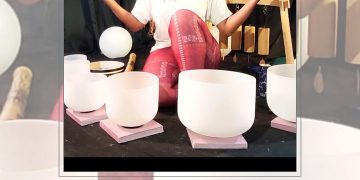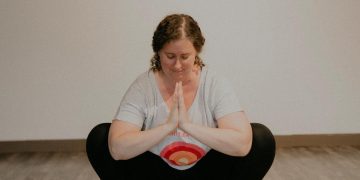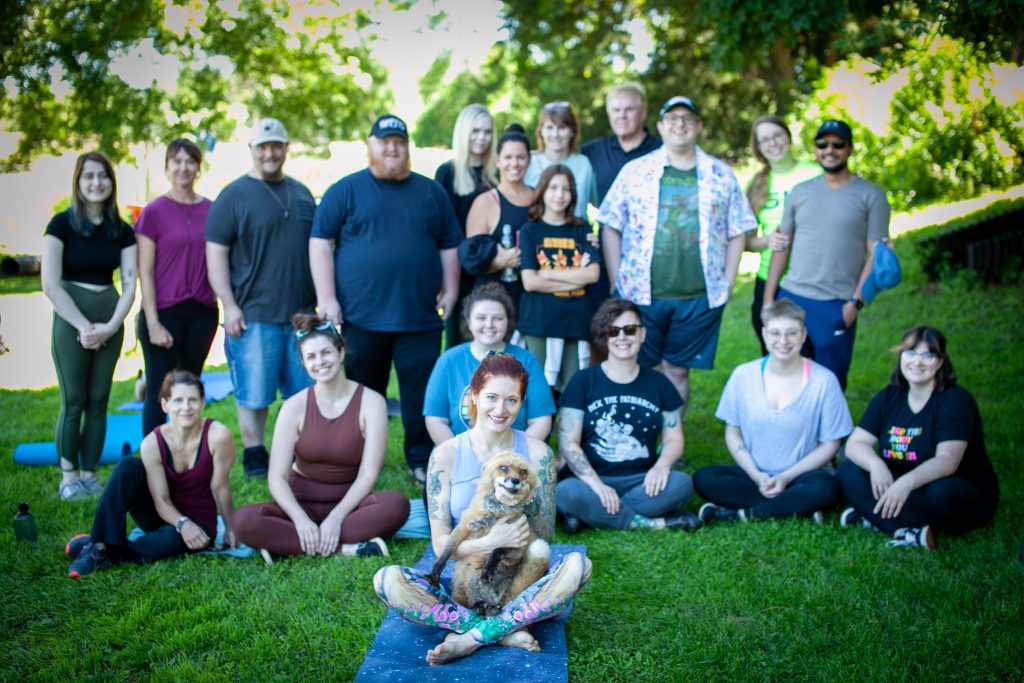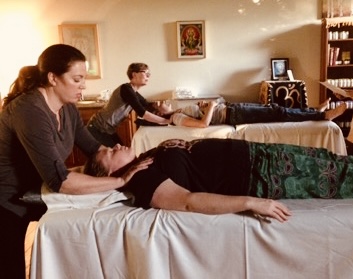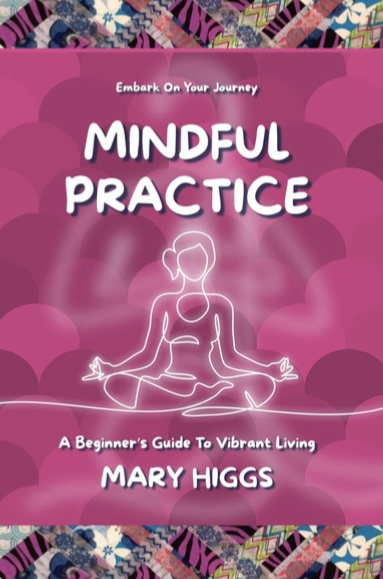On my travels to India to immerse myself in the culture where my practice originated from, my fellow travelers and I noticed a tremendous amount of trash laying around everywhere. Upon reflecting, I realized while much of India’s culture upholds a natural way of living, the western culture of consumption changed the nature of living with plastics.
With plastic everywhere, I often pondered, “I’m only one person, so what can I do?”
What struck me was so simple. Avoid buying plastic. Sounds easy but everything we consume contains plastic. Even many of our natural “eco-friendly” products mix in plasticizers to reduce costs and weight. No law determines what can be labeled as eco-friendly, natural, or sustainable. These terms may or may not be true.
Most yoga mats, staples of our practice, contain PVC, TPE, or other plastic polymers. And these plasticizers, present in all plastic yoga mats, aren’t benign in nature. These inherently unstable chemicals break down over time, releasing toxins during their entire lifecycle.
You know that new rubber smell when you unroll a fresh yoga mat? That’s plasticizers in the air, the very air we breathe during our practice. And the place you put your hands, feet, and face.
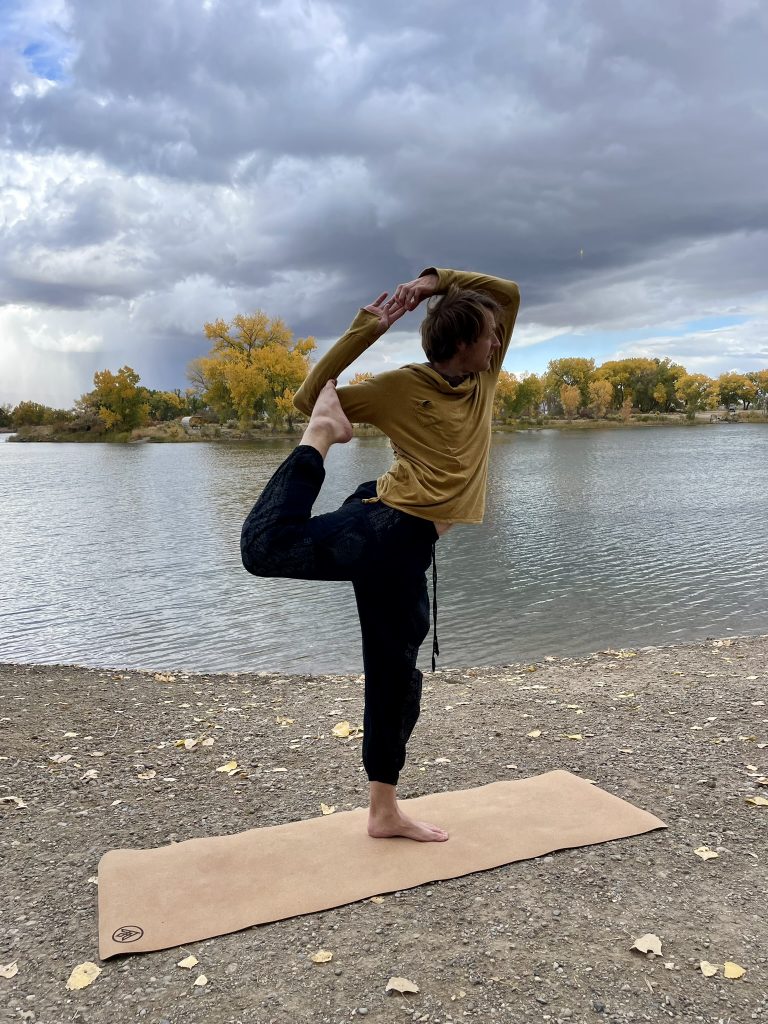
At the heart of our practice lie the yamas (restraints) and niyamas (observances), foundational ethical guidelines breathing life into yoga. The yamas teach us essential values: ahimsa (non-violence), satya (truthfulness), asteya (non-stealing), brahmacharya (moderation), and aparigraha (non-greed). On the other hand, the niyamas guide our personal disciplines: saucha (purity), santosa (contentment), tapas (discipline), svadhyaya (self-study), and ishvara pranidhana (surrender).
These aren’t just passive principles to know; they’re active values to live by and most of us do to some degree or another. When you think about it, the very essence of the yamas and niyamas champions ethical choices, pushing us to think beyond the mat, be it in the products we choose or the lifestyles we lead. Just as yoga is more than poses, it’s about aligning our choices with these core principles for harmony in our lives.
Our choices reflect our values, and when the two align, there’s a powerful harmony benefiting our mental well-being.
Ethical choices in yoga and beyond don’t just echo a conscience at peace; they manifest real mental health advantages. Opting for sustainable, ethically-made products like cork yoga mats can lead to reduced stress. There’s no underlying guilt, no second-guessing, just a clear conscience. This clarity of mind naturally fosters genuine happiness. It’s like holding a perfect pose – there’s a balance, a sense of accomplishment, and an overwhelming feeling of being present and right in the moment.
Yoga transcends the realm of mere physical practice. It’s an embodiment of our beliefs, choices, and the footprint we leave behind.
Ever thrown a stone in a pond and watched the ripples expand outward? Our ethical choices in yoga operate similarly. One mindful purchase can spark curiosity in a fellow yogi, leading them to also opt for sustainable alternatives. This chain reaction creates a powerful collective shift.
More and more, our yoga community gravitates towards ethical consumerism, recognizing how every choice holds weight. As individuals champion sustainable practices, studios, brands, and entire communities take notice and adjust. In this beautiful dance of change, each of us plays a pivotal role, proving even the smallest choice can catalyze profound transformation.
In the world of yoga, every choice casts a shadow or shines a light. By embracing ethical decisions, we don’t just uplift our practice; we elevate our spirit and the world we inhabit. It’s a harmonious dance of consciousness and action. Whether you’re unrolling a sustainable mat or supporting a transparent brand, each step brings us closer to sought-after balance. Let’s collectively journey towards sustainable harmony, cultivating wellness within ourselves and weaving a better tapestry for the world around us.
Jack Utermoehl, an E-RYT 200 certified yoga teacher and founder of Asivana Yoga & Bhakti House Yoga Studio, embraced yoga through Vinyasa, Bhakti, and Yoga Sutras in 2015. His company, Asivana, produces cork yoga mats and sustainable yoga products. Jack’s heartfelt teachings aid yogis on their journey. His approach — a blend of love, connection, and adventure – mirrors his dedication to yoga and entrepreneurship.




